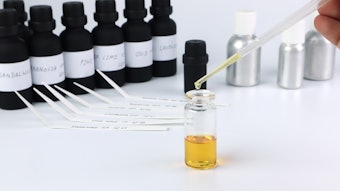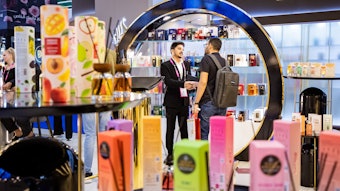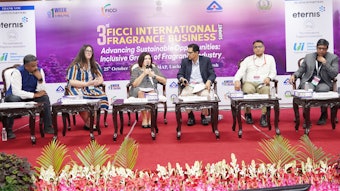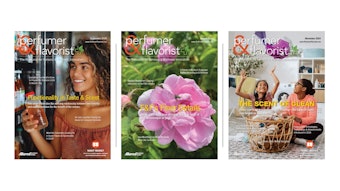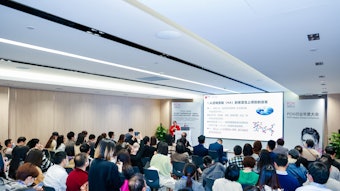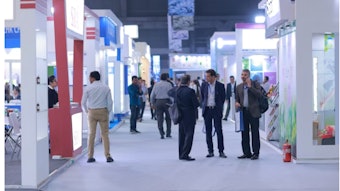The event, which is scheduled from 10 am–1 pm, followed by lunch, will include presentations from researchers, regulators and industry professionals. The keynote speaker, Axel Schnuch (University of Goettingen), will outline his latest research findings on the prevalence of allergies to fragrances through clinical epidemiology. Schnuch has been carrying out research in association with the German Information Network of Departments of Dermatology (IVDK) for more than 30 clinics in Europe to monitor and analyze data about frequency of dermal sensitization to many potential sensitizers, including fragrance materials. His presentation will discuss the latest results from his surveys.
In addition, a member of the European Dermatology and Epidemiology Network (EDEN) will present on the Research Institute for Fragrance Materials’ (RIFM) current and ongoing research project investigating the situation of prevalence of allergy in the general population directly. This will provide another important piece of information to understand the whole issue of fragrance allergies.
An EU official will explain the EU Commission’s Scientific Commission on Consumer Products’ (SCCP) approach to the current scientific knowledge and its decision-making process, along with a template for future regulation. And, finally, a speaker from the cosmetics industry will present the viewpoint of an international company and how it deals day to day with the regulations and IFRA Standards and what it would like to see from regulators in the future.
This workshop is very timely given that the subject of allergens is high on the EU’s legislative radar. As Houri explains:
“One of the main issues IFRA and the fragrance industry are facing is the availability of reliable information about the prevalence of fragrance allergy in the general population. Information about frequency of allergies has been used as the basis for legislative action, like the labeling of the so-called ‘most frequent 26 allergens,’ while further research indicates that the selection of some of those materials as a frequent allergen is not supported. Also, the presence of a substance on the list of 26 allergens is unfortunately, against even the regulatory intention, often misinterpreted so that they are treated as banned instead of simply being subject to labeling. Reliable data on the prevalence of allergy in the population should help to correct the situation.”
Given the impact new legislation could have on the industry, this workshop will provide some much needed information for members of the fragrance industry, in addition to legislators, regulators, toxicologists, epidemiologists and dermatologists.
To register for the workshop, contact Maud Mesmin at [email protected].



